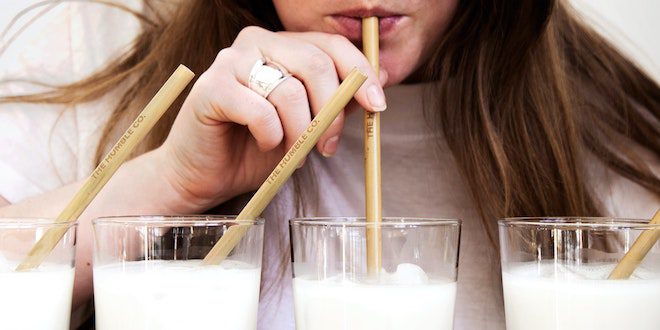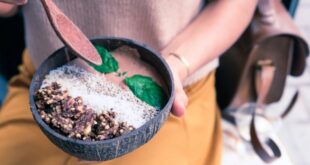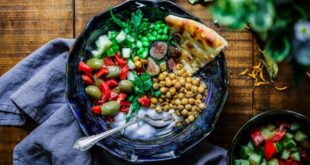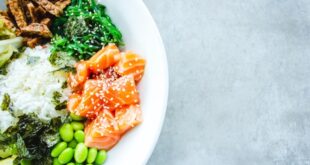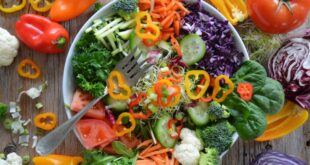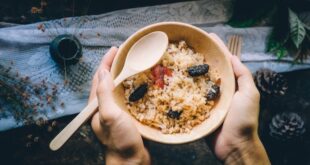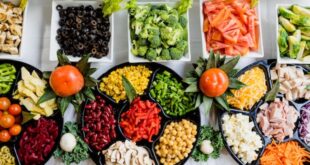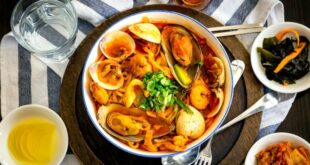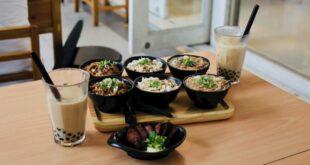Last Updated on March 1, 2023
There is still a lot of dispute over the health benefits of soy, whether you’re reading a popular press item or scientific research. The following are some of the most common soy milk myths that you stop believing:
1. Breast cancer is caused by soy
View this post on Instagram
Many people are familiar with that soy has been linked to an increased risk of breast and ovarian cancers. Why?
A 1998 research in mice found that soy isoflavones, which function like the hormone estrogen, caused existing breast tumors to develop. Because of this, researchers were concerned that consuming soy products may worsen breast cancer.
That, however, has been revealed to be a complete hoax. According to further research that examined the influence of soy consumption on cancer recurrence and survival, breast cancer survivors who ate soy after diagnosis were less likely to have the disease return.
After being diagnosed with breast cancer in 2006, a meta-analysis including 11.000+ survivors found that soy consumption decreased overall mortality.
This means that soy may be consumed safely by breast cancer patients, according to the American Cancer Society and the American Institute of Cancer Research.
2. Consuming soy might negatively affect your fertility
View this post on Instagram
People are concerned that soy’s estrogen-like characteristics will impact fertility if it is consumed in excess. Research has fueled these anxieties, too: Premenopausal women who consume soy products experienced a modest drop in two fertility-related hormones, according to a 2009 research. It has also been observed that soy’s estrogen-mimicking chemicals may decrease fertility in women.
The link between soy consumption and infertility is still very weak, said Elizabeth Shaw, a qualified dietitian. Most other research shows that consuming modest quantities of soy might be beneficial for those trying to conceive.
Nurses’ Health Study II (NHS II) revealed that women who consumed more animal protein had an increased risk of having reproductive issues.
According to Shaw, a meal of beans, peas, almonds, and peanuts may help protect against ovulatory infertility.
3. Soy is said to cause males to develop man boobs
View this post on Instagram
Men who consume soy are more likely to develop the side effects of feminization (also known as man boobs) than women. However, each of the two participants was a 19-year-old vegan who consumed 12 to 20 servings of soy per day, while the other was a 60-year-old soy milk drinker. So, this isn’t exactly your average food intake.
In a 2010 review of more than 30 studies, there was no indication that soy affected male hormones. Soy-induced man boobs probably won’t be seen unless you know any males who intend to eat nothing but tofu for weeks on end.
What’s the gist of the matter? Don’t worry about a few servings of soy a day; instead, focus on getting your soy from entire foods. When it comes to your general health and nutrition, there are more advantages to consuming certain foods in moderation than risks.
Takeaway: Apart from their high levels of isoflavones, soy foods are packed with vitamins and minerals such as B-complex vitamins (B1, B2, B6, and B12), potassium, magnesium, and protein. While some plant proteins lack all nine necessary amino acids, soy protein has all of them and is thus good for your health.
 Travel for Food Hub The Food Blog for Travel Lovers
Travel for Food Hub The Food Blog for Travel Lovers

